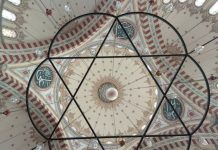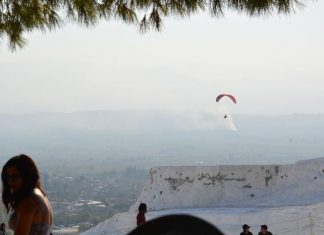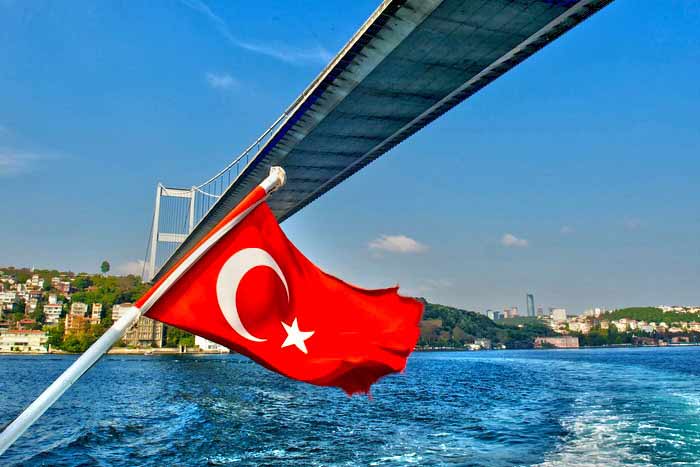An American soldier posted in Anbar province during the twilight war over the remains of Saddam’s Mesopotamian kingdom might have been surprised to learn he was defending the westernmost frontiers of the ancient Persian empire against raiders, smugglers, and worse coming from the eastern reaches of the ancient Roman empire. This painful recycling of history should make him—and us—want to know what unhealable wound, what recurrent pathology, what cause too deep for journalists and politicians to discern draws men and women to their deaths again and again in such a place. The history of Rome, as has often been true in the past, has much to teach us.
Caesar Augustus consolidated and secured Roman domination
The reign of Caesar Augustus consolidated and secured Roman domination in the lands around the Mediterranean. For 200 years after he died in 14 CE, the prosperity and the pomposity of the empire were wondrous to behold. Then, through a long series of lost opportunities Science measures boldly the unimaginably large, blunders, and wars, Augustus’s heirs first showed that they could sustain their inheritance in time of crisis, then worked to release their world from ancient confrontations, and then in a tragic reversal bludgeoned into dust the opportunities Rome had created. This book tells the story of the central, tragic episode, when the mighty Roman empire, unable to understand itself or its world, chose to be true to its past ambitions and accomplishments and so brought itself to ruin. The figure of the emperor Justinian looms over the ruins, a figure mighty for his accomplishments, yet tragic for the calamities that his reign both saw and spawned.
The stories I weave together here will be unfamiliar to most readers. Specialists will disagree with at least some of what I venture and debate it heatedly, as they (and I) should. Non specialists should expect some surprises. Because I mean to tell a fresh story with old materials, I have also tried to recount the whole of it for the benefit of the reader who knows none of it.
Mexico border in El Paso
There are borders and boundaries being overrun and reinforced on every page of this book, so it may be relevant to admit that I was born about five miles outside the outermost boundary of the Roman empire in Germany; grew up within a few miles of the U.S.-Mexico border in El Paso (attending high school in a structure built by Jesuits hiding out from an anticlerical revolution in Mexico); once owned, in the farthest west of Ireland, a farm that my ancestors acquired when they were on the run from the British after the battle of Kinsale; and have other family reasons for knowing a lot about the history of Ukraine, the nation whose name means “borderland.” Is it personal bias or scholarly judgment that makes me say that great capitals and bustling cities are all well and good, but that the constructive and creative energies of humankind are often best seen among the mixtures and minglings of peoples at the margins of nations and empires? I leave it to my readers to decide.








